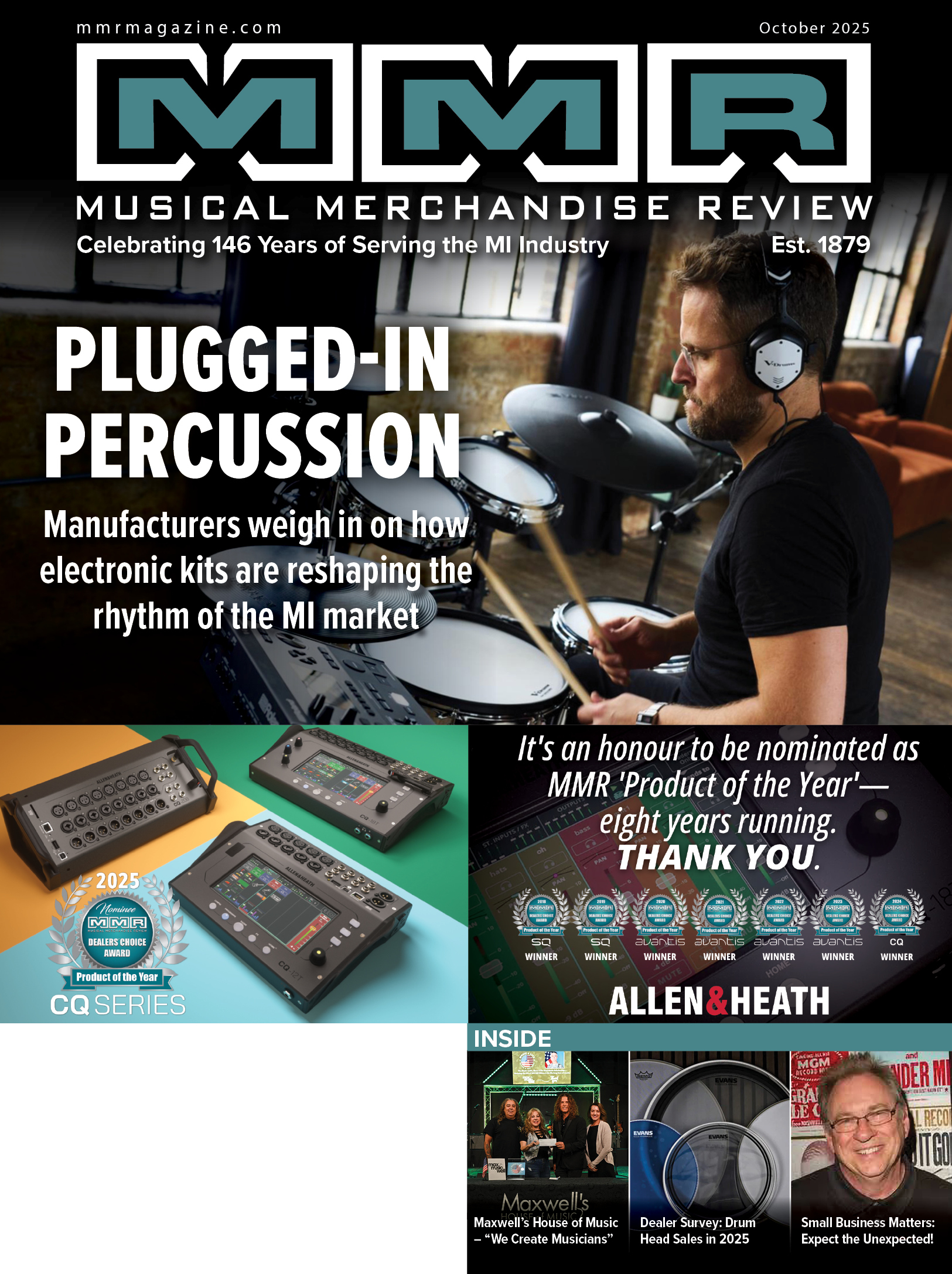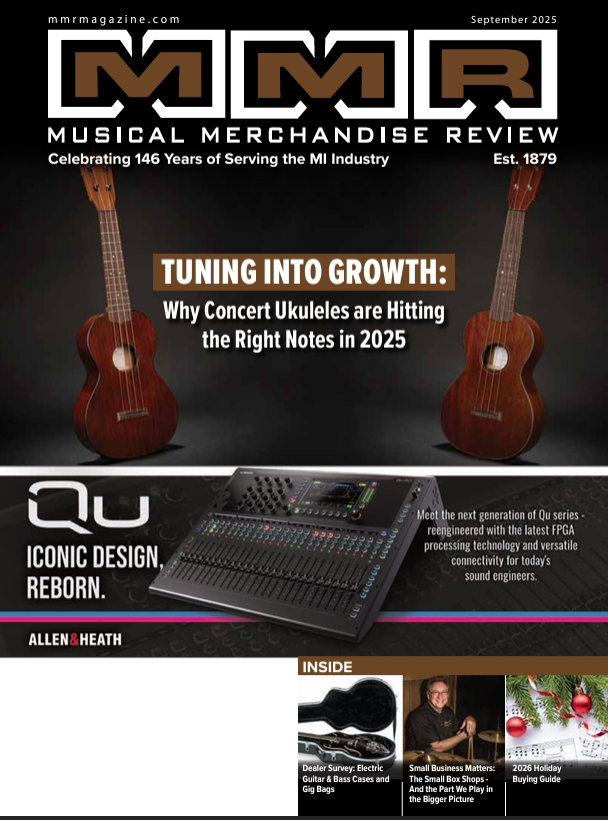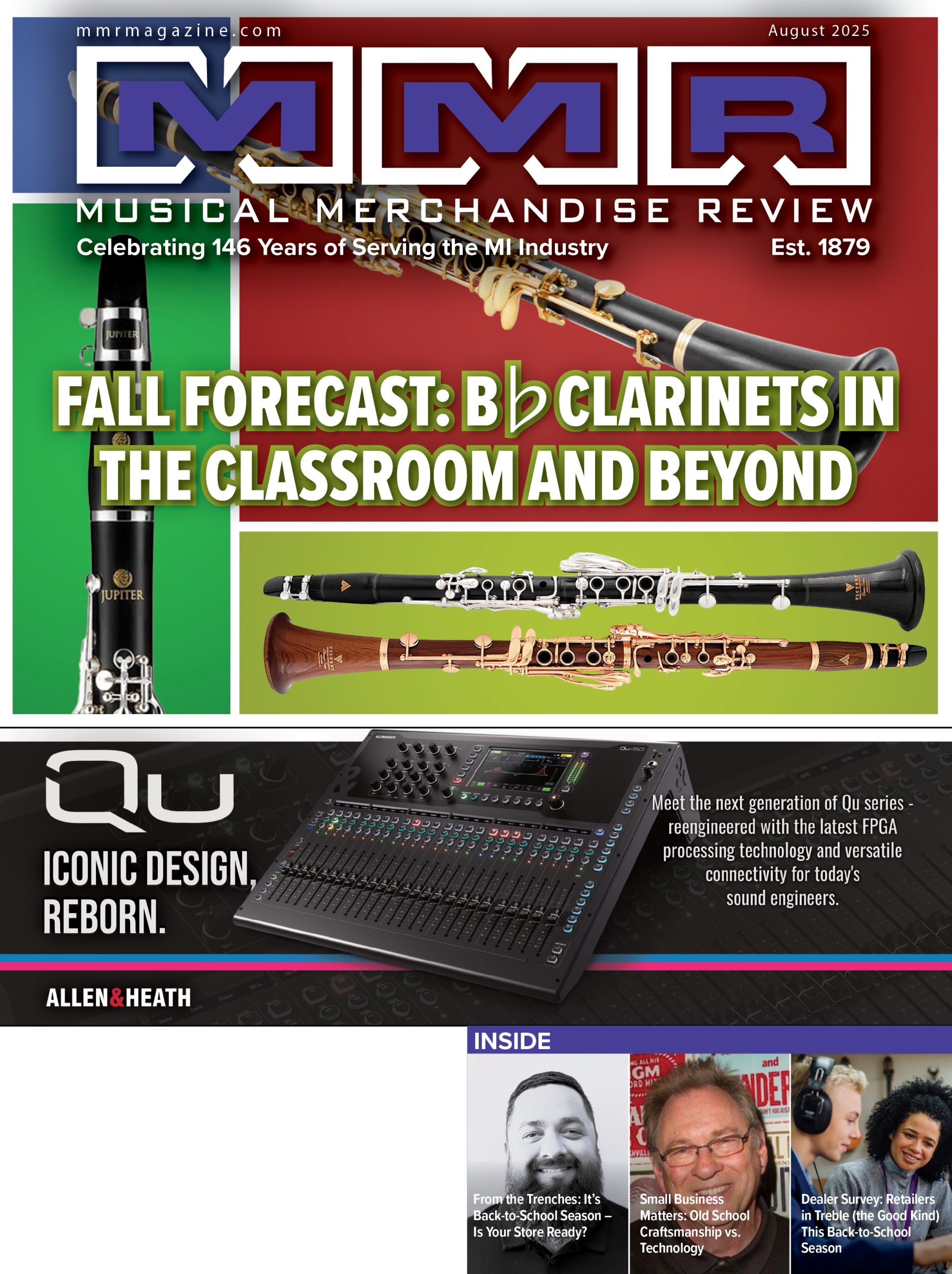 Whether you consider them a problem or an opportunity, our industry’s version of “muggles” will parade through the aisles of our trade show.
Whether you consider them a problem or an opportunity, our industry’s version of “muggles” will parade through the aisles of our trade show.
While some exhibitors are passionate supporters of a such an opportunity, some are decidedly less enthused. That’s a major reason NAMM still considers allowing non-trade people in “an experiment.” Along those lines, this year’s show is only allowing “music pros” in the Nashville area to come in on Saturday.
On what is now called “Music Industry Day,” the music and live-sound community can buy a one-day pass to the show, and it “has some fans and some critics,” admits Joe Lamond. “But we felt it was important to provide additional value to our exhibiting members while not negatively impacting our retail attendees. Having an extra 1,000-plus attendees on the show floor the last day seems to have been an overall positive experience, but we will continue to monitor carefully and make adjustments as recommended by our members”
“On the positive side, we get to see and speak with the consumers since they are who we make the horns for,” Sheryl Laukat of Cannonball says. “But we would have a different setup if it were a consumer trade show. We like it when the consumers get to know their local dealers and establish a relationship together. We think the best scenario for consumers would be to have the dealer with the trade booth for consumers and we would be there for support. That is more along the lines of our marketing plan of having our dealer be the place to go.”
“Ultimately, it’s the consumer, the end user, the player, that is both ours and the retailer’s customer, so I’m in favor in inviting those people to see what we have to offer,” says Jeff Moore SVP of ESP Guitars. “As long as it’s done in a way that doesn’t interfere in doing business with our dealers, I like the idea very much.”
To a new exhibitor with a new company like John Wator of Daredevil Pedals, Music Industry Day is something to be enthusiastic about. “I want feedback from the consumer/musician, not just the retailers,” he says. “That has always been my focus, making pedals that every level of musician will be into. There is absolutely no elitist ethos to what I do. In a strange way, I’m selling my pedals to myself, the things I always wanted throughout my growth as a guitar player over the years.”


























Looking Back on 2025: A Year of Controlled Chaos (Emphasis on “Controlled”)